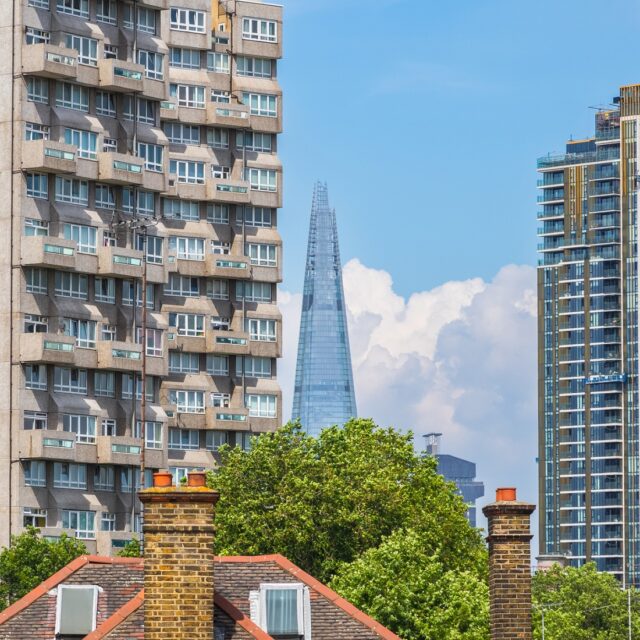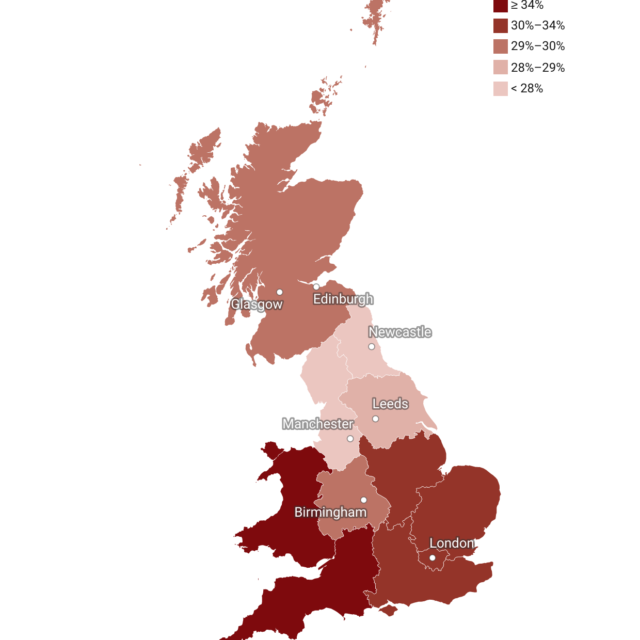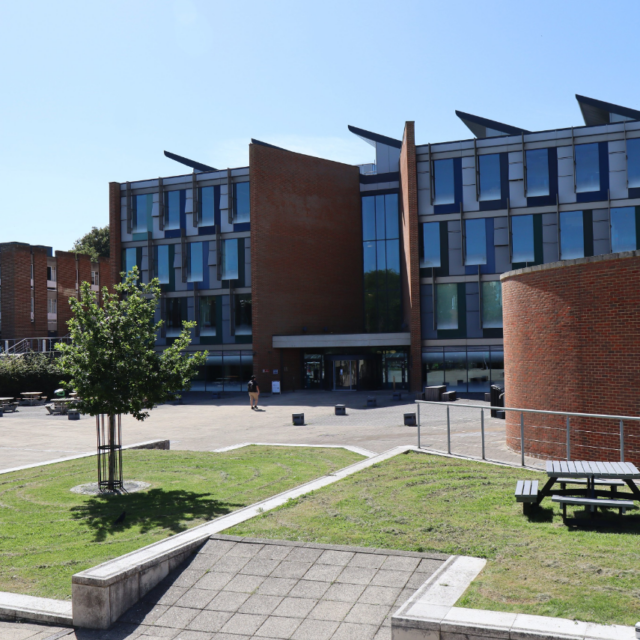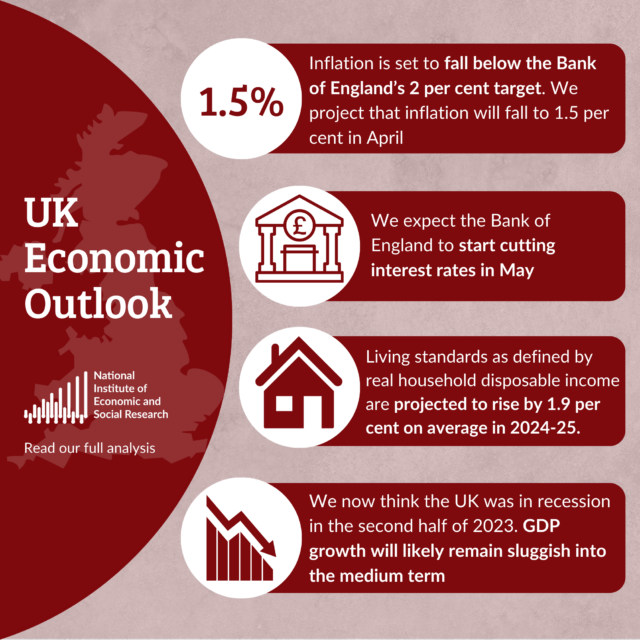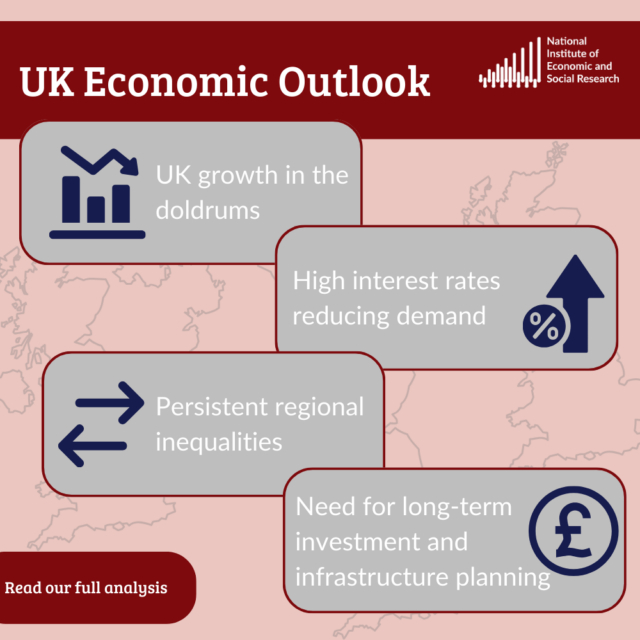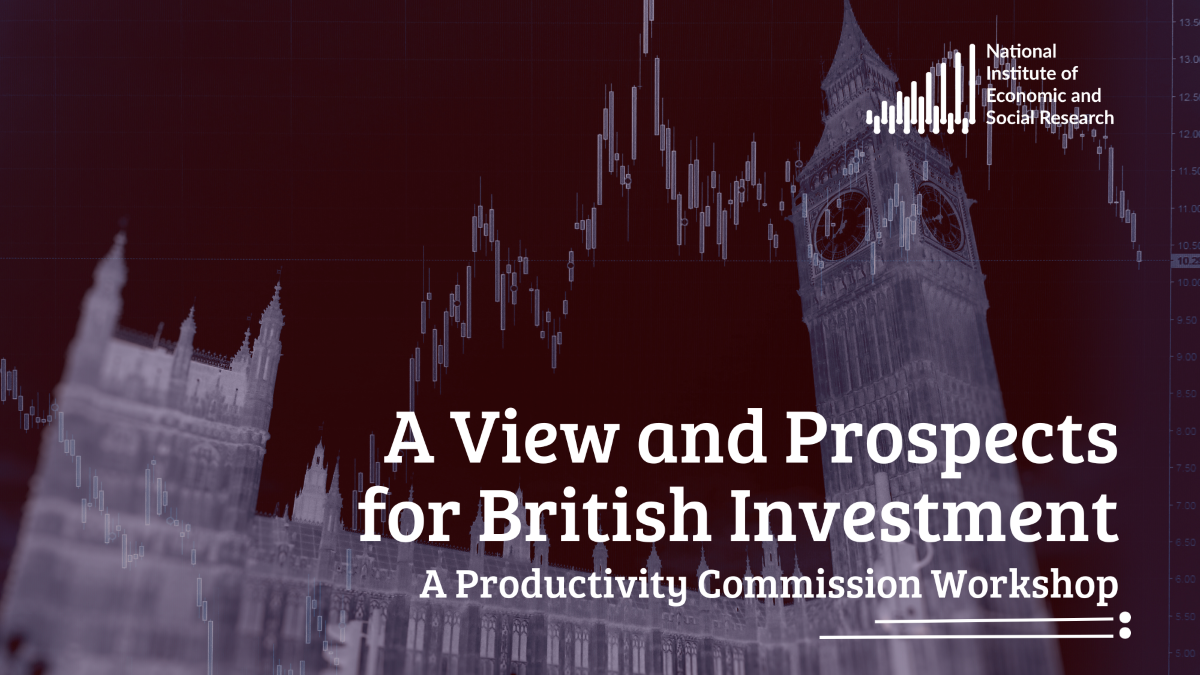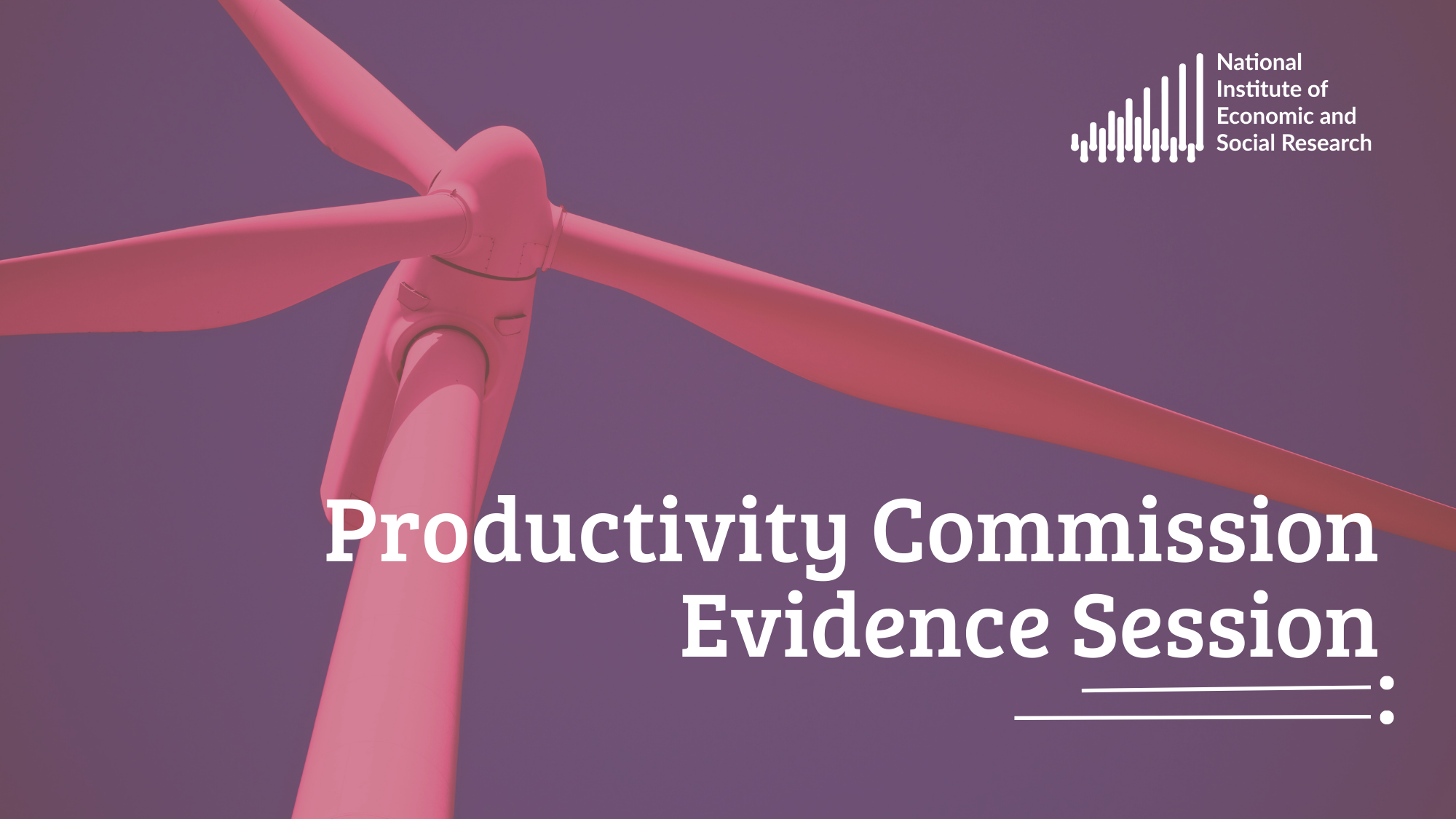Press Release: Destitution levels are rising across the country – and terribly worrying in certain regions, NIESR research shows
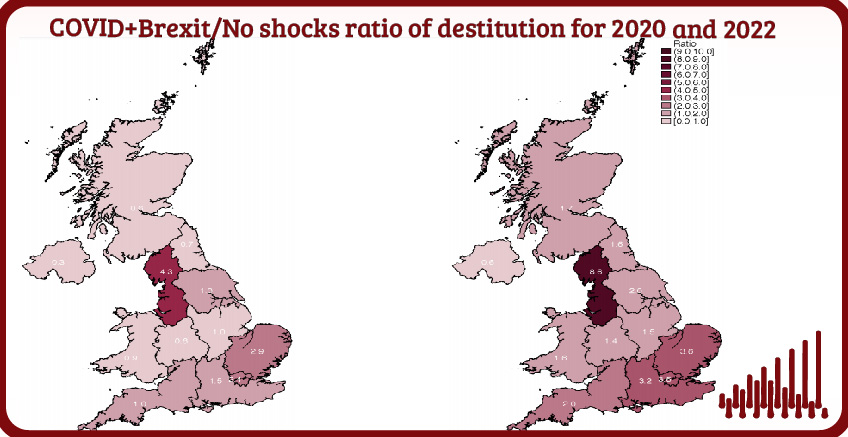
Analysis for Channel 4 Dispatches by the National Institute of Economic and Social Research (NIESR) indicates that the number of UK households living “in destitution” rose from 0.7 percent of all households in 2019 to 1.5 per cent in 2020 – based on the income components of the widely-recognised Joseph Rowntree Foundation definition of destitution.
“As a result of lockdowns, levels of destitution seem to be rising across the country. But what’s terribly worrying is that in certain regions – in the North West in particular – we might see some 4, 5 or 6 per cent of the population living in destitution,” NIESR Director, Professor Jagjit Chadha told Dispatches.
“In places where income levels are relatively low compared to other regions, an economic shock drives more people into destitution and poverty. We’ve also been looking at the demand for food banks and that’s gone up at a really worrying rate over 2020. And I don’t see that that’s going to fall this year, particularly if furloughing or other forms of income support stop over the next month or two,” said Professor Chadha.
“Some parts of the country will be very resilient, like London and the South East. But some will not. The North West, for example, has not shown a great deal of resilience to shocks in the past. And that’s what we need to think about – how do we help these parts of the country that have not only fallen behind, but have fallen behind further because Covid is a shock that interacts with poverty and bad outcomes and makes them worse”.
NIESR’s work led by Prof. Arnab Bhattacharjee (NIESR Fellow and Heriot-Watt University) and Dr Elena Lisauskaite (NIESR Economist) has consistently highlighted the adverse consequences of the COVID-19 and Brexit shocks for the poorest in society (see here and here).
The extreme poor in different regions are differently affected. Very large effects on extremely poor households are projected for the North West, while London, the East of England and the South East also have witnessed substantial effects on destitution.
Based on the 10th percentile of household income for the different regions, the North West is affected the most, with substantially lower income at the bottom decile than it would have been in the absence of COVID-19 and Brexit. Destitution in the North West is also projected to be the highest, followed by London, the East of England and the South East (see Figure 3.7, UK February Outlook).
Without the shocks, household incomes at the bottom decile in 2022 would have been lowest for the West Midlands and highest for the South West. With COVID-19 and Brexit shocks, the difference between the two regions is now projected to be 73% higher. This suggests very substantial increase in inter-regional inequality, which is highly alarming.
We have previously highlighted very high correlation between destitution and the demand for food banks. Whereas London, the South East, East of England (and to a limited extent the South West) would have otherwise had the lowest destitution incidence, this strong regional advantage is wiped out by the twin crises.
Strong and sustained targeted welfare support and regional planning for the long run are the policy needs of the day.
ENDS
——————————
Notes for editors:
The above findings are based on NIESR’s new NiREMS (National Institute Regional Economic Modelling System) model under development. The model integrates LINDA and NiGEM with household and individual level data from the UK Wealth and Assets Survey, together with our modelling of COVID-19 and Brexit impacts upon the UK economy and its sectors.
Additional analyses on the regional impacts of Covid-19 and Brexit on a number of aggregate economic indicators – gross value added, employment, labour productivity – as well as the effects on the poorest of the society can be found in NIESR’s recent UK Economic Outlook report.
The paper outlining the projection of demand for Trussell Trust food banks due to the Covid-19 crisis can be accessed here.
The paper outlining the COVID-19 impacts on destitution in the UK can be accessed here.
For queries and to arrange interviews, please contact the NIESR Press Office: press [at] niesr.ac.uk / l.pieri [at] niesr.ac.uk / 07930 544 631
Further details of NIESR’s activities can be seen on http://www.niesr.ac.uk or by contacting enquiries [at] niesr.ac.uk Switchboard Telephone Number: +44 (0) 207 222 7665



